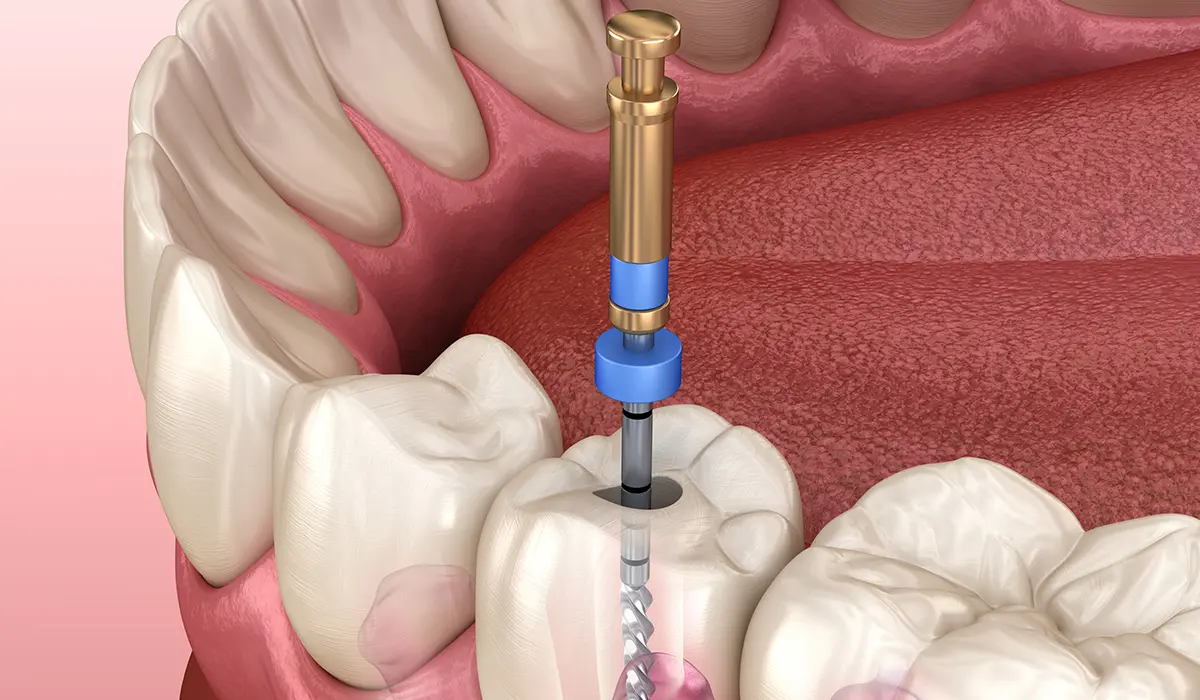
You thought it would pass. Just a bite too hard or a bit of cold water. But two days later, it’s still there. A low, buzzing discomfort deep inside your tooth. It doesn’t scream, but it hums constantly. Like something under the surface wants attention. You chew on the other side. You stop biting apples. You wait. But it doesn’t leave.
The cold doesn’t just shock—it settles in and stays
Sensitive teeth are common. Especially in winter or after whitening. But this feels different. It doesn’t react like before. The cold water hits and lingers. Ten seconds. Maybe twenty. You count without realizing. It doesn’t burn, it pulses. And the moment you forget it, it starts again. Turkish dentists often test this with air or spray. If it stays, something deeper might be wrong.
You keep finding yourself chewing away from one side
Not out of habit. But to avoid that odd pressure. Not exactly pain, but not right either. You chew softer foods. Crackers instead of crusty bread. You stop ordering döner with double meat. It’s not the food—it’s the fear of triggering something. This isn’t about being cautious. It’s about discomfort that dictates your behavior.
There’s a tiny bump on the gum and it just won’t quit
You brush. You floss. You rinse. But the little bump remains. It doesn’t hurt much. It comes and goes. Sometimes you feel fluid. Sometimes nothing. It’s not a pimple. It’s not going away. Dentists in Istanbul see this often. They call it a sinus tract. It’s not surface-level. It’s from inside the tooth. Your body is trying to release pressure.
The tooth looks… off. Slightly darker. Slightly dead.
It wasn’t like this last month. You notice it in the mirror. The tooth doesn’t shine the same. Not yellow. Not brown. Just dull. Almost grey. Not quite alive. It might have been like this for weeks. But now it’s clear. Whitening doesn’t work. Polish doesn’t help. The inside is what changed. That means the nerve has likely died.
Pain doesn’t wake you—it waits for you to lie down
You’re fine all day. Mostly. But the pain shows up when you’re ready to rest. Lying down shifts pressure. And infected pulp responds. The throbbing intensifies at night. Sleep is harder. Not from sharp agony—but from a slow, constant reminder. Turkish clinics often see this pattern in winter. Cold weather. Warm beds. And a tooth that won’t sleep.
It was filled before. Maybe more than once. Maybe too many times.
That tooth has history. A filling here. A crown there. It’s been through a lot. You think it’s fine. But bacteria love old work. Microscopic cracks form. Margins loosen. Decay starts silently beneath the surface. Root canals are common in previously treated teeth. Especially molars. Especially if more than five years have passed since the last visit.
There was a hit. Not recent. But enough to jar it.
You remember it. Maybe a bike fall. Maybe a football elbow. You didn’t chip anything. There was no blood. Just soreness. That soreness faded. But now, months later, this same tooth is acting up. Trauma can quietly kill a nerve. It may take weeks. Even years. Dentists in Ankara track these cases carefully. Especially in teens and athletes.
Hot drinks don’t soothe—they stab
It’s not the cold now. It’s the warmth. Coffee doesn’t comfort. It sears. Even tea is too much. This shift from cold sensitivity to heat pain is critical. It often marks the transition from inflammation to infection. Heat causes the gases inside the pulp to expand. That’s why the pressure spikes. And the pain becomes harder to ignore.
Pressure feels like pushing on a bruise from inside
Not always sharp. But constant. As if the tooth is full. Swollen. Alive in the wrong way. You bite and it feels wrong. Not painful. But heavy. Like something is trapped under the surface. This is a common sign of pulpitis. The kind that doesn’t reverse. Especially if it’s accompanied by slight swelling near the gum line.
Chewing isn’t risky—it’s a gamble
Every meal becomes a test. Some bites are fine. Others cause that flash of regret. Not consistent. Not predictable. Just unwelcome. You try chewing slowly. Cutting food smaller. Avoiding anything hard. But even soft bread can surprise you. That inconsistency is a warning. Something inside is unstable.
The gum near the tooth looks puffier than the rest
It’s subtle. Not red. Not inflamed. Just fuller. Like the tissue is preparing for something. Maybe a future abscess. Maybe already a tiny one forming. You press gently. It rebounds slowly. It doesn’t hurt. But it doesn’t look right either. This kind of swelling often appears in lower molars. Dentists catch it in routine exams—if it’s not too late.
You had antibiotics. They helped. But only for a while
The pain went away. For days. Maybe a week. Then it returned. Stronger. The medication masked the symptoms. But the infection stayed. Antibiotics don’t remove infected pulp. They just slow it down. Dentists in Bursa see this all the time. Patients assume it’s solved. But it isn’t. The tooth always demands closure. Eventually.
X-rays don’t lie. Even if you still feel okay
You might feel fine. But that black spot at the root tells a different story. It’s an abscess. Or the start of one. Bone is dissolving around the tip. That’s why X-rays matter. Especially panoramic ones. In Türkiye, clinics use digital imaging widely. It’s fast. It’s clear. And it shows what your body hides.
You’re tired of clenching. But one tooth takes the worst of it
You grind at night. You know it. But one tooth absorbs the most force. That one hurts more than others. Clenching weakens enamel. It can push existing decay deeper. Root canals from bruxism aren’t rare. Especially in young professionals. Especially after stress spikes. Turkish dentists often recommend night guards—but not everyone listens.
Your body tells you. You just stopped listening
You’ve delayed the appointment. You’ve hoped it would pass. You’ve tried to wait it out. But every day, the signs pile up. Not all at once. But steadily. The body whispers before it shouts. And teeth, when they whisper, are already halfway gone. Ignoring them costs more later. In pain. In money. In permanent loss.
